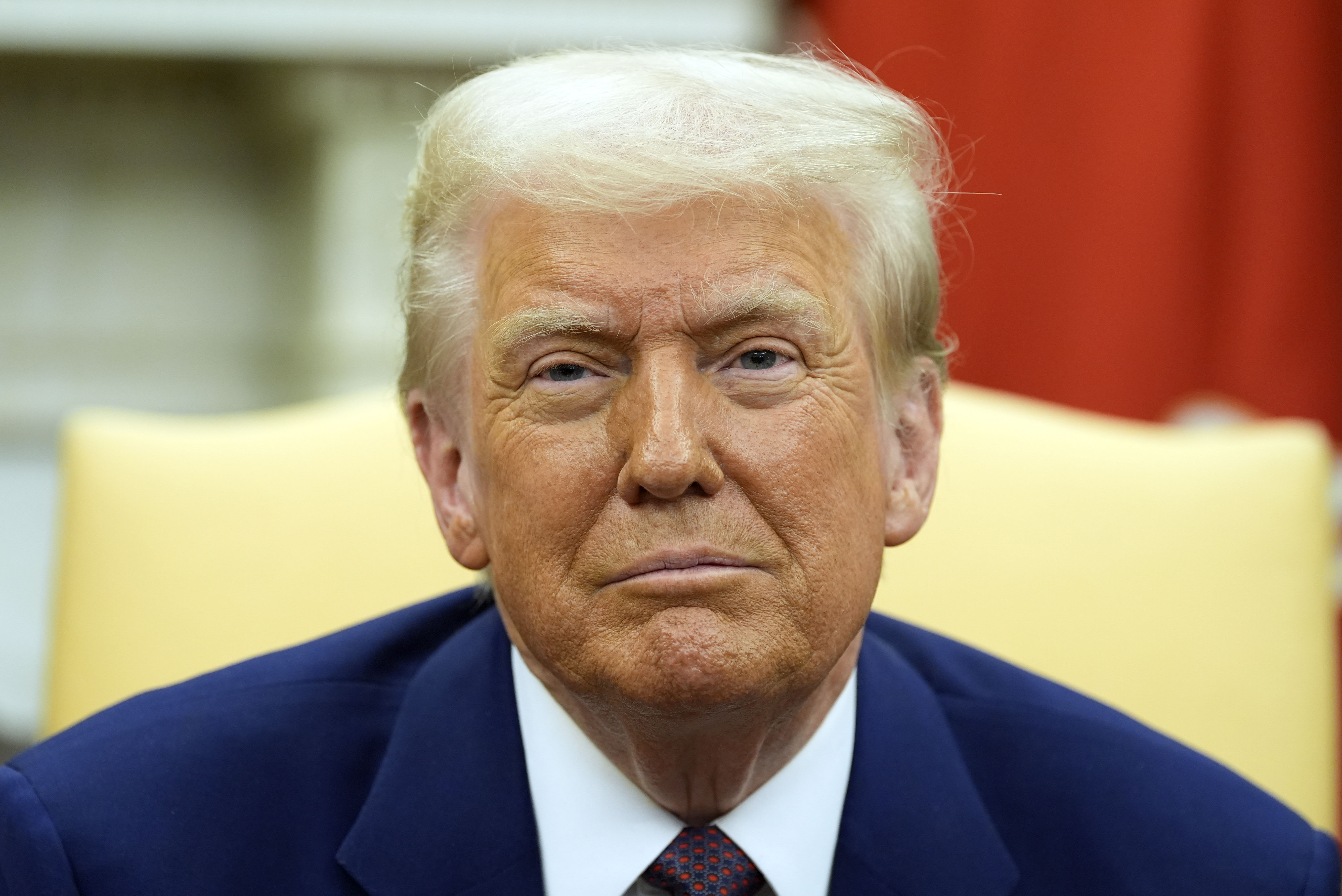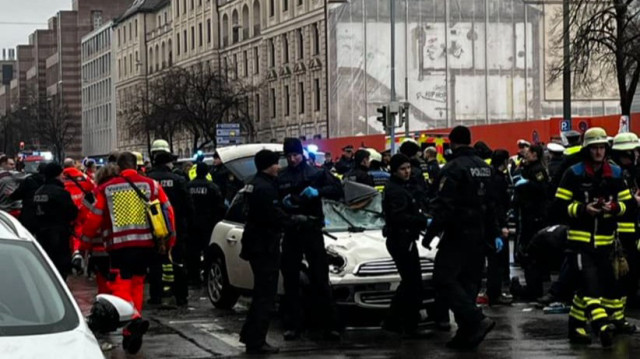Munich Tragedy: Asylum Seeker's Actions Spark Global Debate
Explore the shocking incident in Munich as authorities investigate a car ramming attack believed to have an Islamist motive. This tragedy has not only caused injuries but has sparked a wider political controversy.
Published February 15, 2025 - 00:02am

Image recovered from elimparcial.com
In recent days, the city of Munich has been the center of distress and international attention. What initially appeared to be a dreadful accident quickly unveiled itself as a deliberate attack. On a seemingly ordinary day, the morning bustle near Munich's central train station was shattered when a vehicle plowed into a group of demonstrators, predominantly members of the Verdi services union. This brutal incident resulted in at least 36 people being injured, with eight among them sustaining severe injuries, including a two-year-old child who is currently in a critical condition. The rapid response of the nearby emergency services, facilitated by the presence of police officers at the demonstration, potentially mitigated even greater casualties.
Authorities swiftly responded to the situation, arresting the individual behind the wheel, identified as Farhad Noori, a 24-year-old Afghan national who had been residing in Germany. This young man, who arrived as an unaccompanied minor in 2016, had acted alone, according to law enforcement officials. In his initial confession, Noori admitted to intentionally targeting the crowd, and investigators quickly identified a religious motive behind his actions. Although there were initial speculations about possible ties to terrorist organizations, no such affiliations have been confirmed as yet.
Prosecutors and police officials have been cautious but were straightforward about the perpetrator's motivations. As Gabriele Tilmann, the Munich prosecutor, described it, there appears a compelling suggestion that the incident was indeed motivated by extreme religious ideologies. Such statements were reinforced by eyewitness accounts detailing that Noori had invoked religious calls during the act. Besides, digital forensic probes have uncovered religious material among his personal electronic records, reinforcing the angle of an extremist influence.
This heinous act has inevitably impacted the socio-political landscape in Germany, reigniting debates related to immigration and national security policies. It surfaces in a politically sensitive period, just ahead of the nation's federal elections. This event has sparked renewed discourse regarding the processes followed in asylum acceptance and the need for stringent oversight. Particular focus has been drawn to the status of Noori, whose asylum application was previously rejected, yet he remained in the country on a job-seeking basis.
The repercussions of this attack reverberate strongly against Germany's political backdrop, as parties across the spectrum mobilize viewpoints regarding migration policies. Right-wing factions, such as the Alternative for Germany (AfD), have leveraged this event to critique the current administration for perceived leniency in immigration enforcement. The attack has catalyzed calls for a more restrictive approach towards individuals without valid documents, a standpoint fraught with tension due to potential clashes with European rights legislations.
Moreover, this tragic event coincides with the Munich Security Conference, an international diplomatic assembly which takes place annually within the city, adding to the urgency and complexity of securing national interest narratives. This backdrop of international dialogue has only intensified the spotlight on Germany's leading political figures, with demands for clear and decisive action growing by the day.
Conversations are unfolding not just within governmental circles but across media platforms, highlighting potential extremist threats while emphasizing the importance of integration and robust monitoring systems. This tragic incident has ignited a complex discourse around safety and acceptance, juxtaposed with national security and protective measures against extremism, which will likely shape German policies and international relations moving forward.
While hearts go out to the individuals and families affected by this tragedy, particularly the young child clinging onto life, stakeholders closely monitor ongoing investigations to prevent future incidents and assure both national and public safety.






